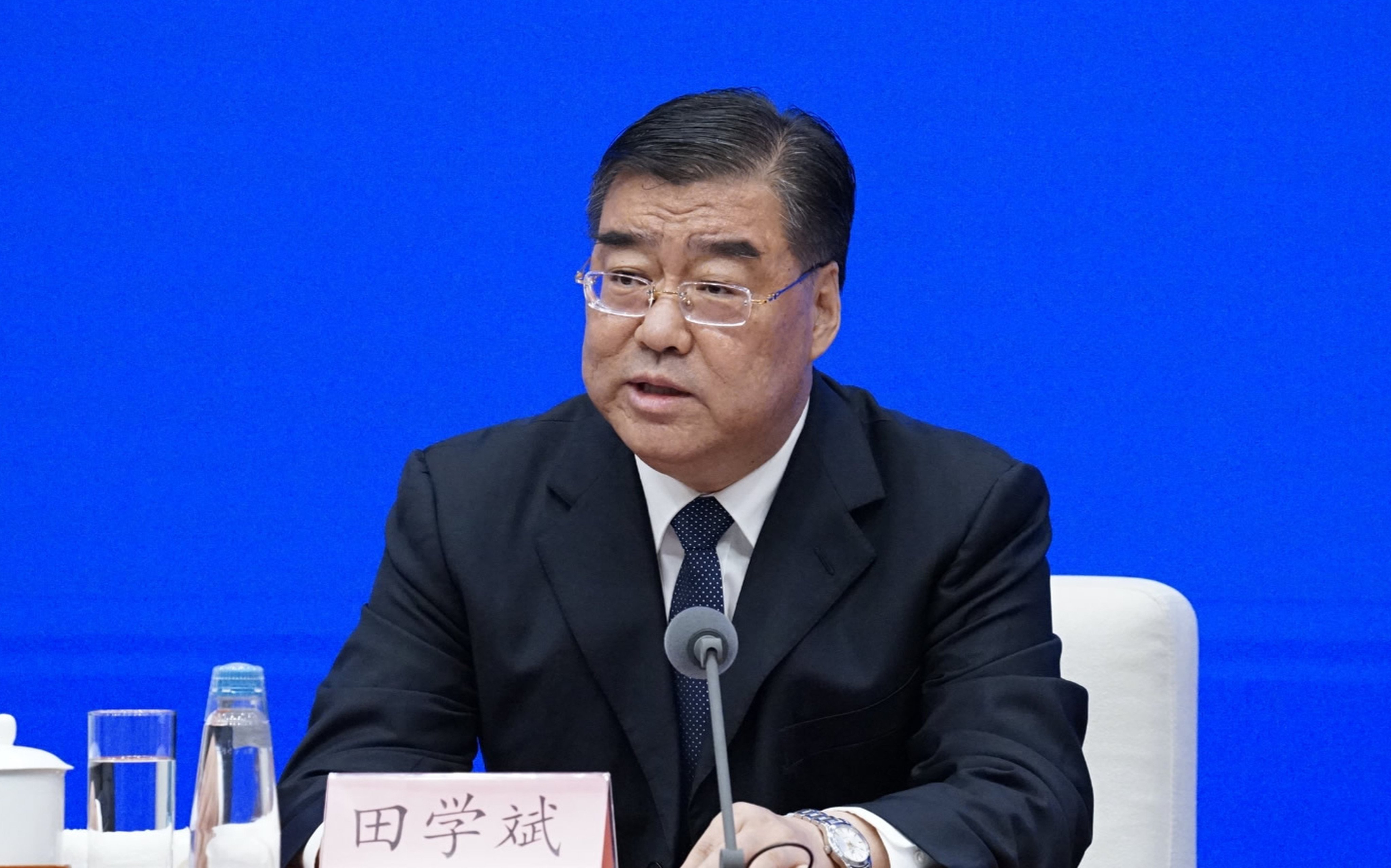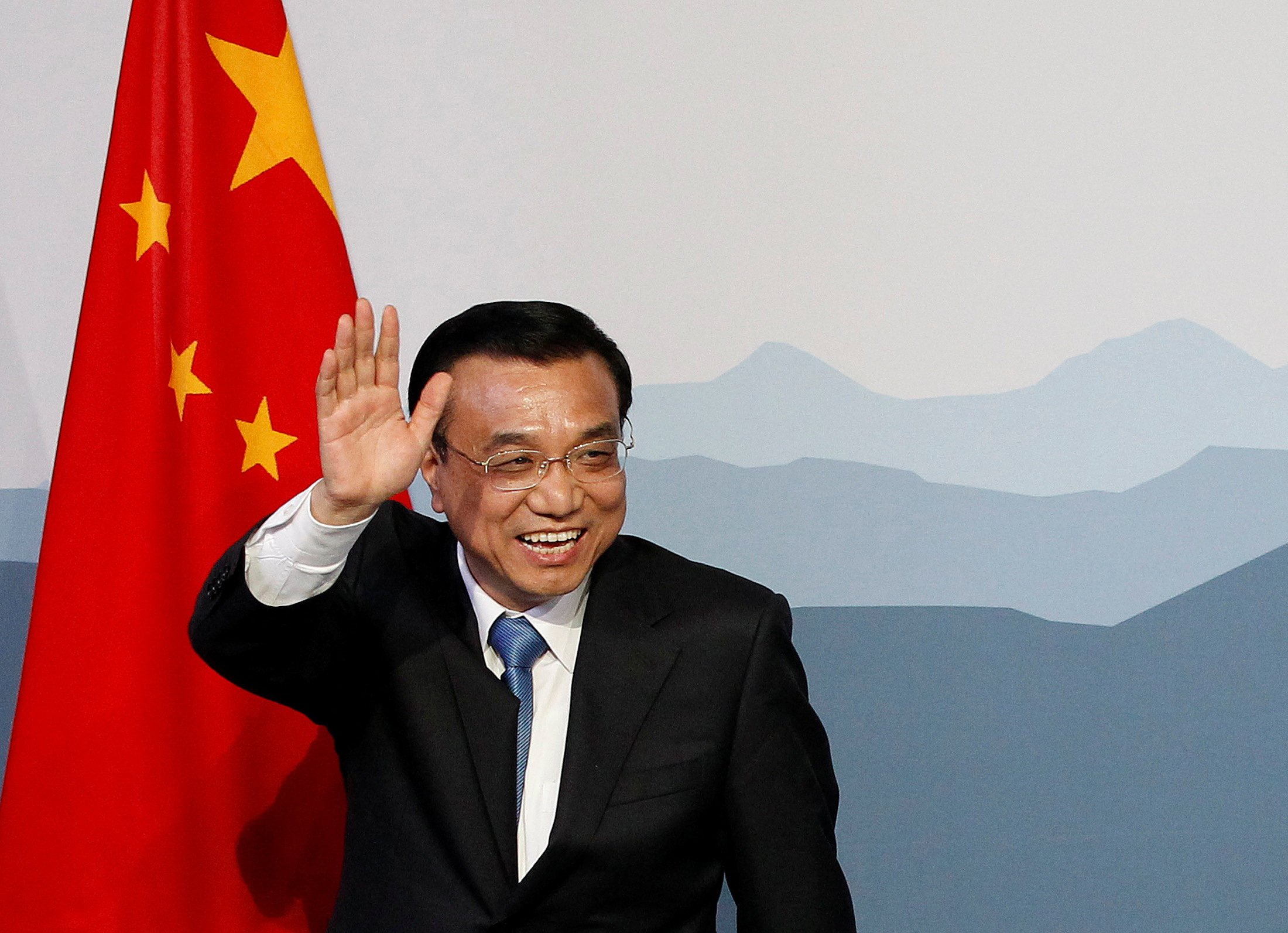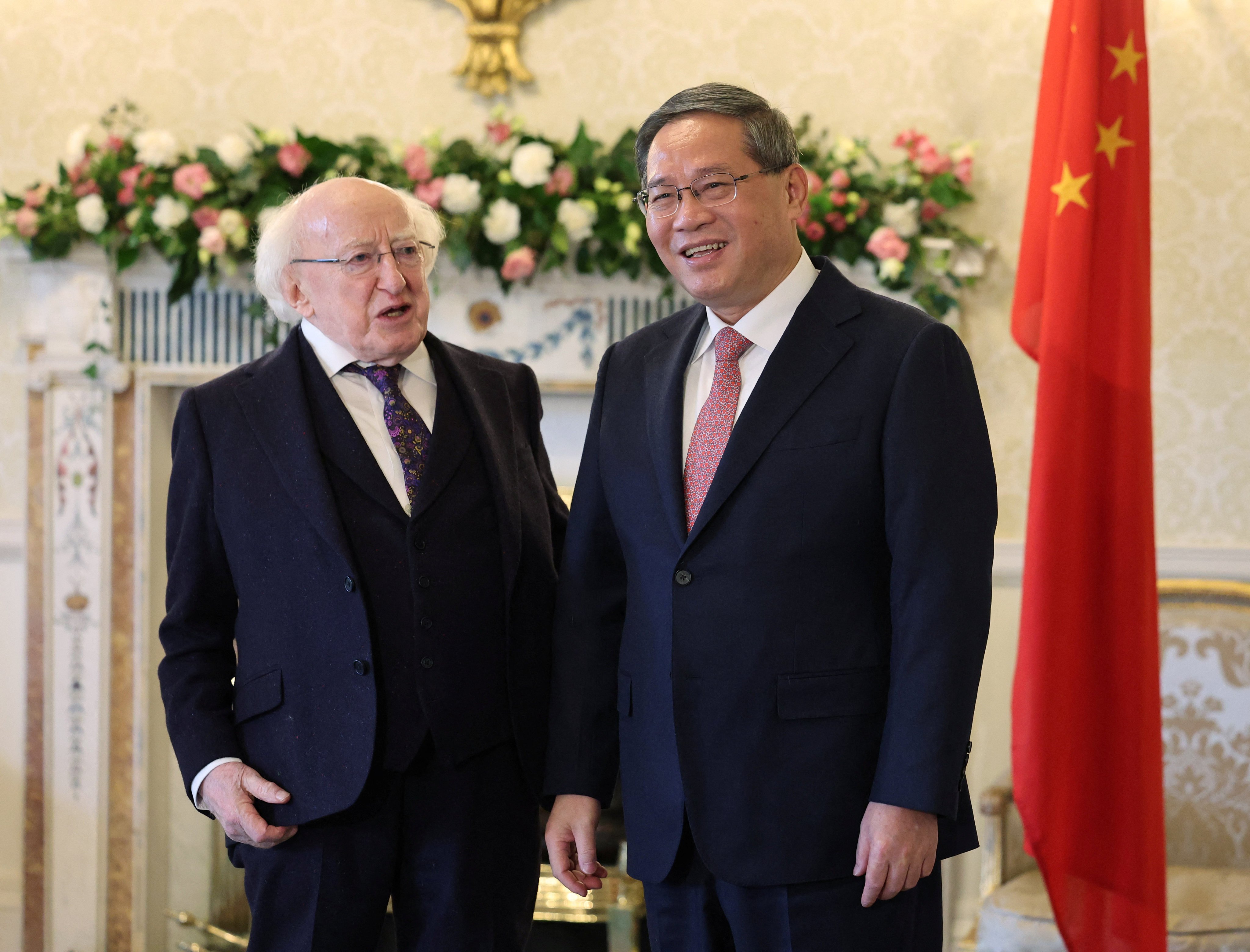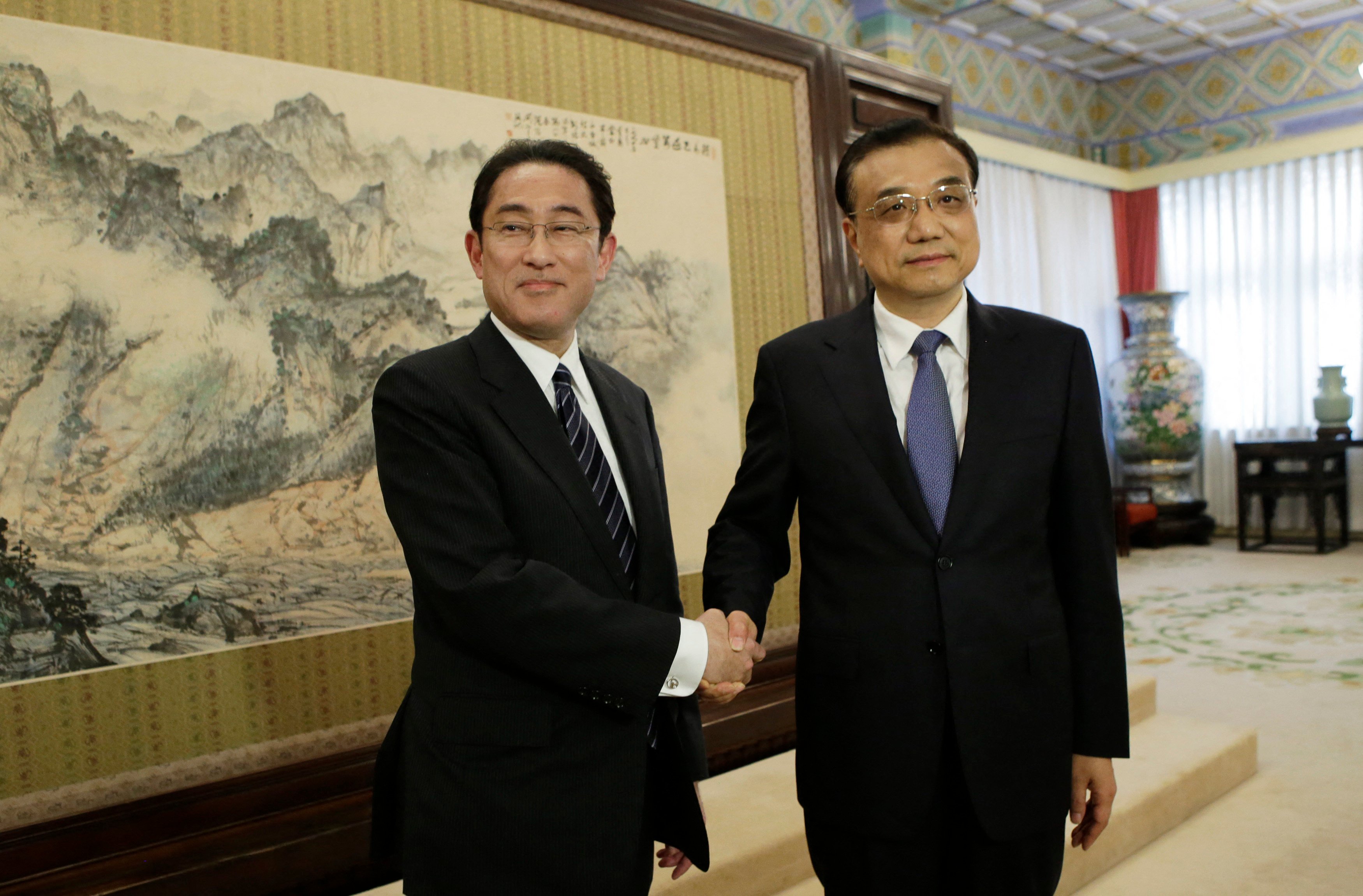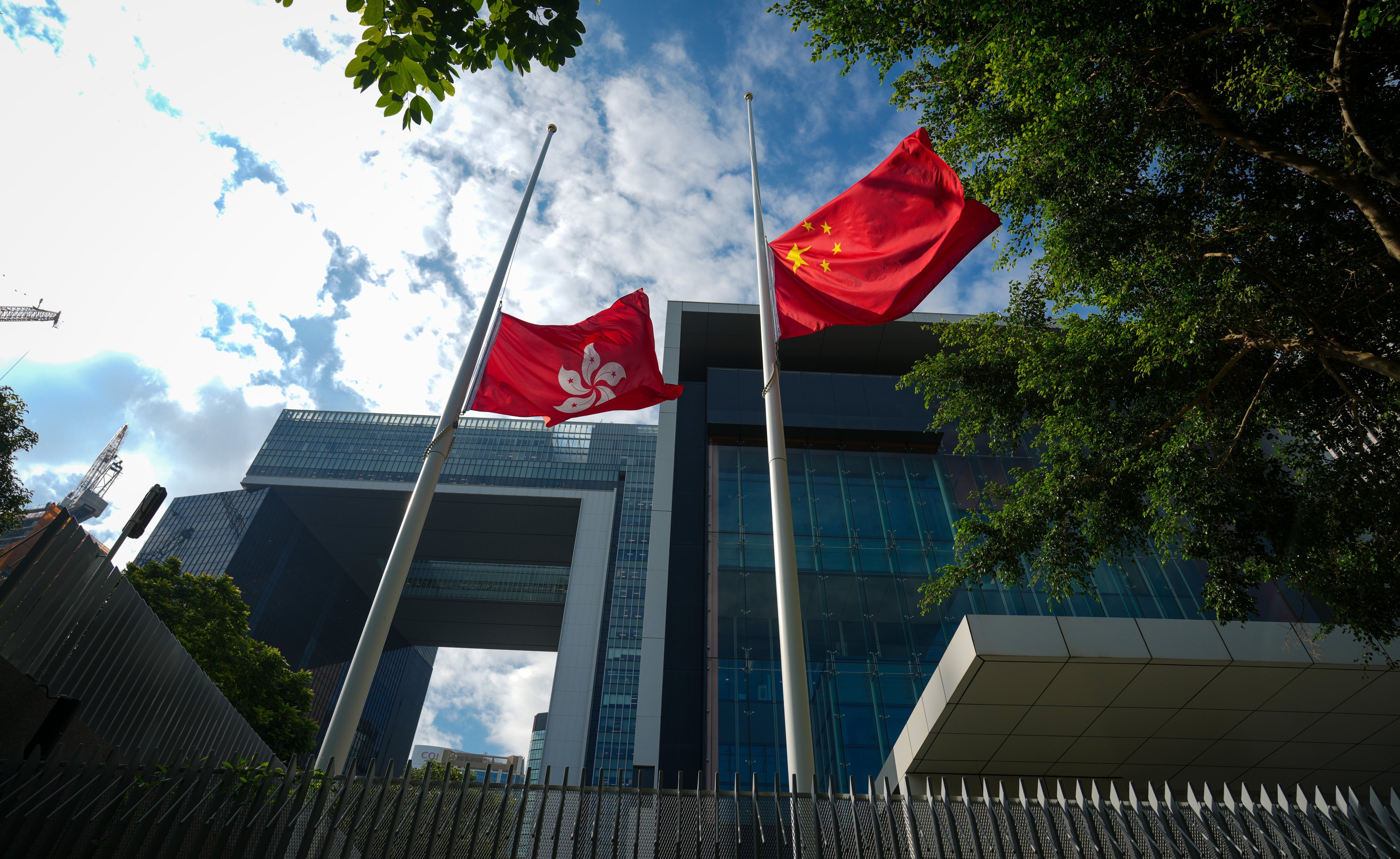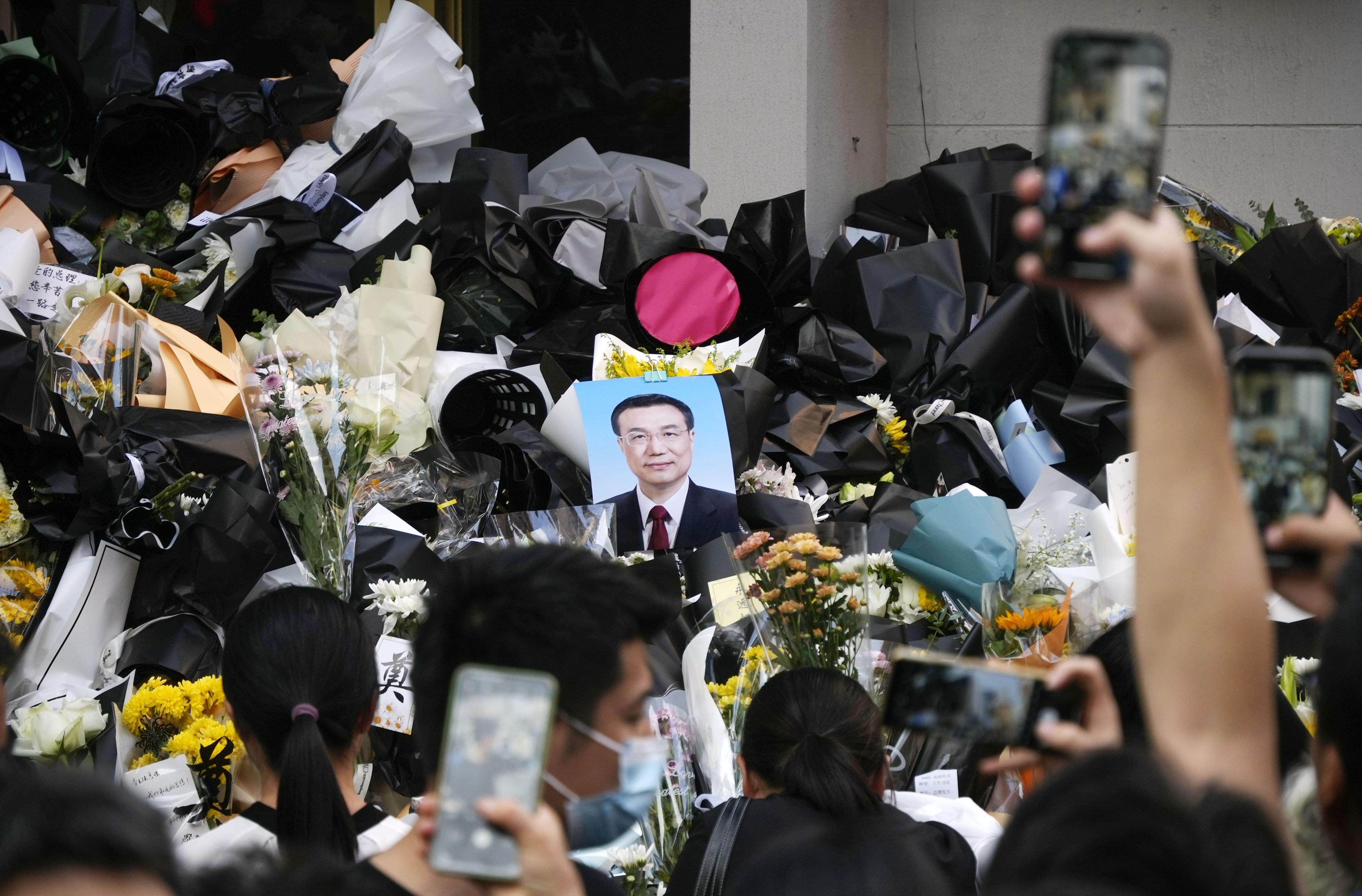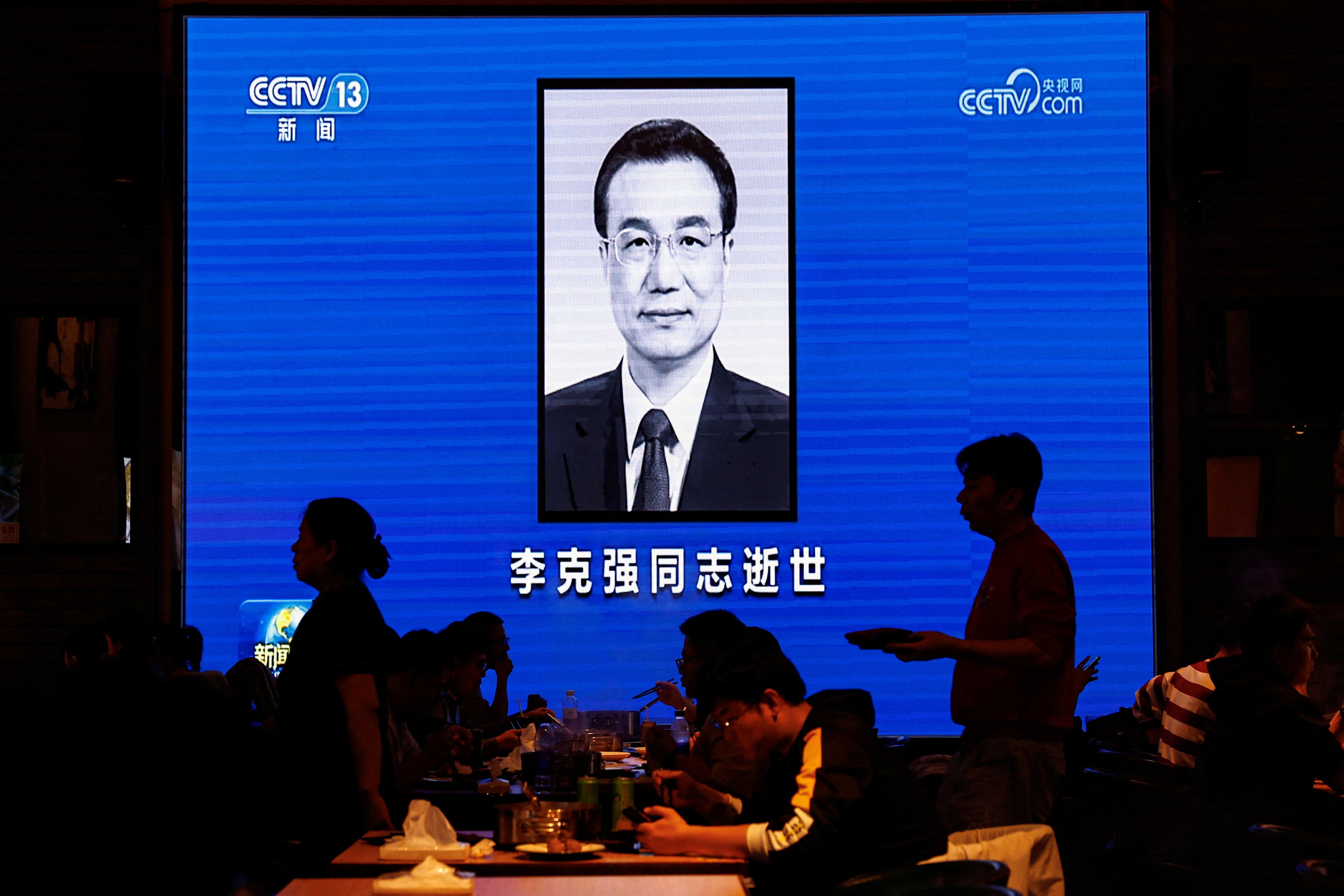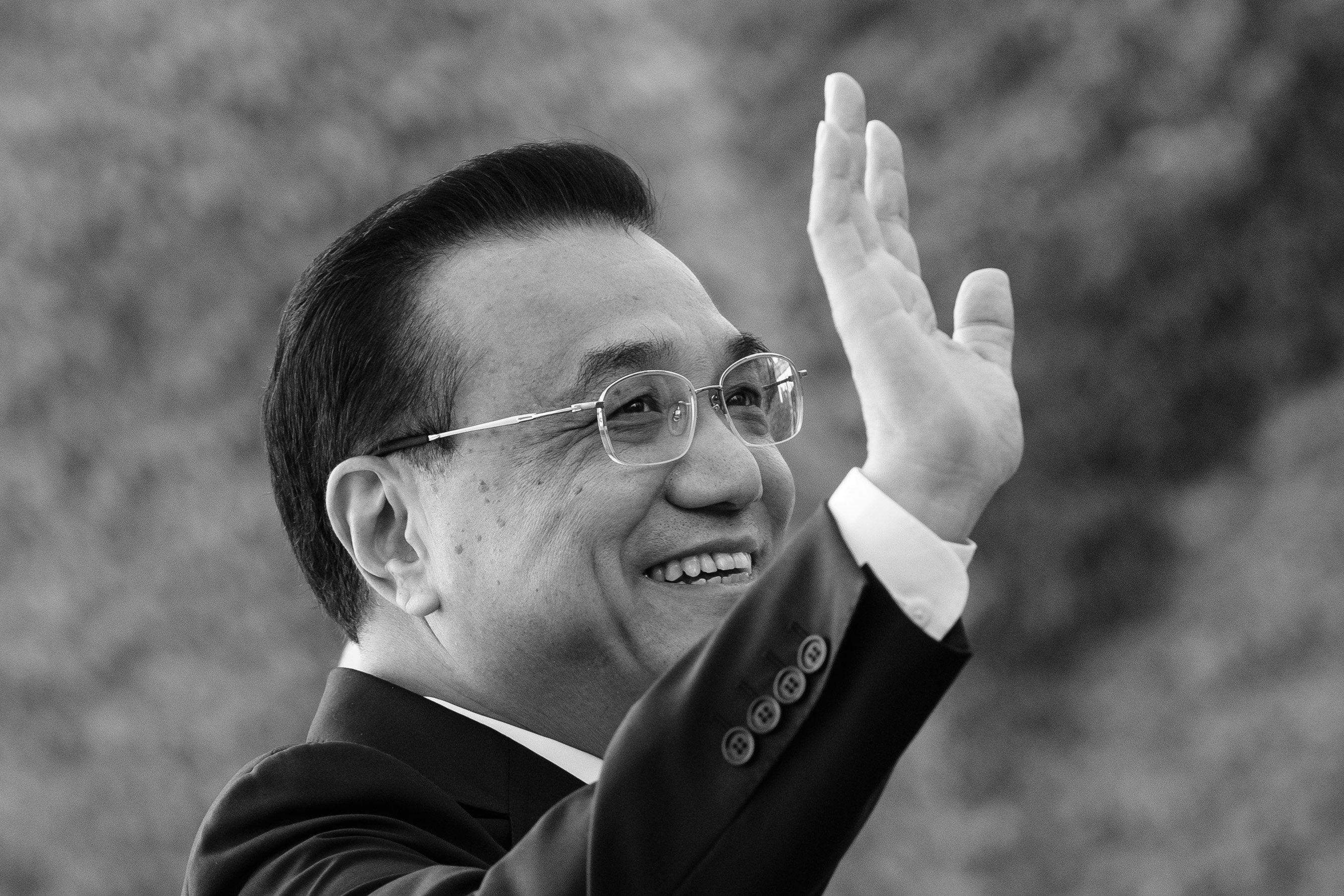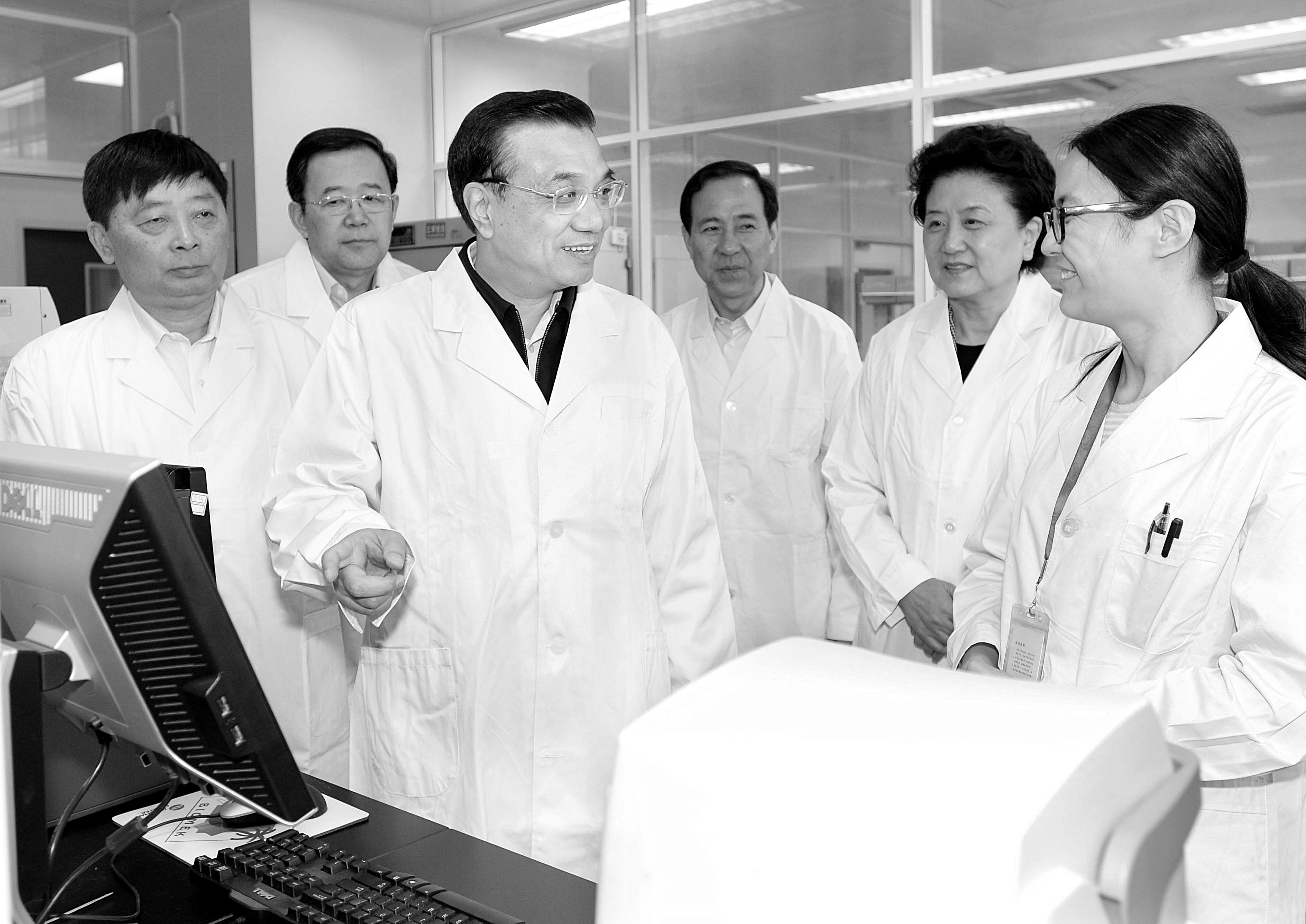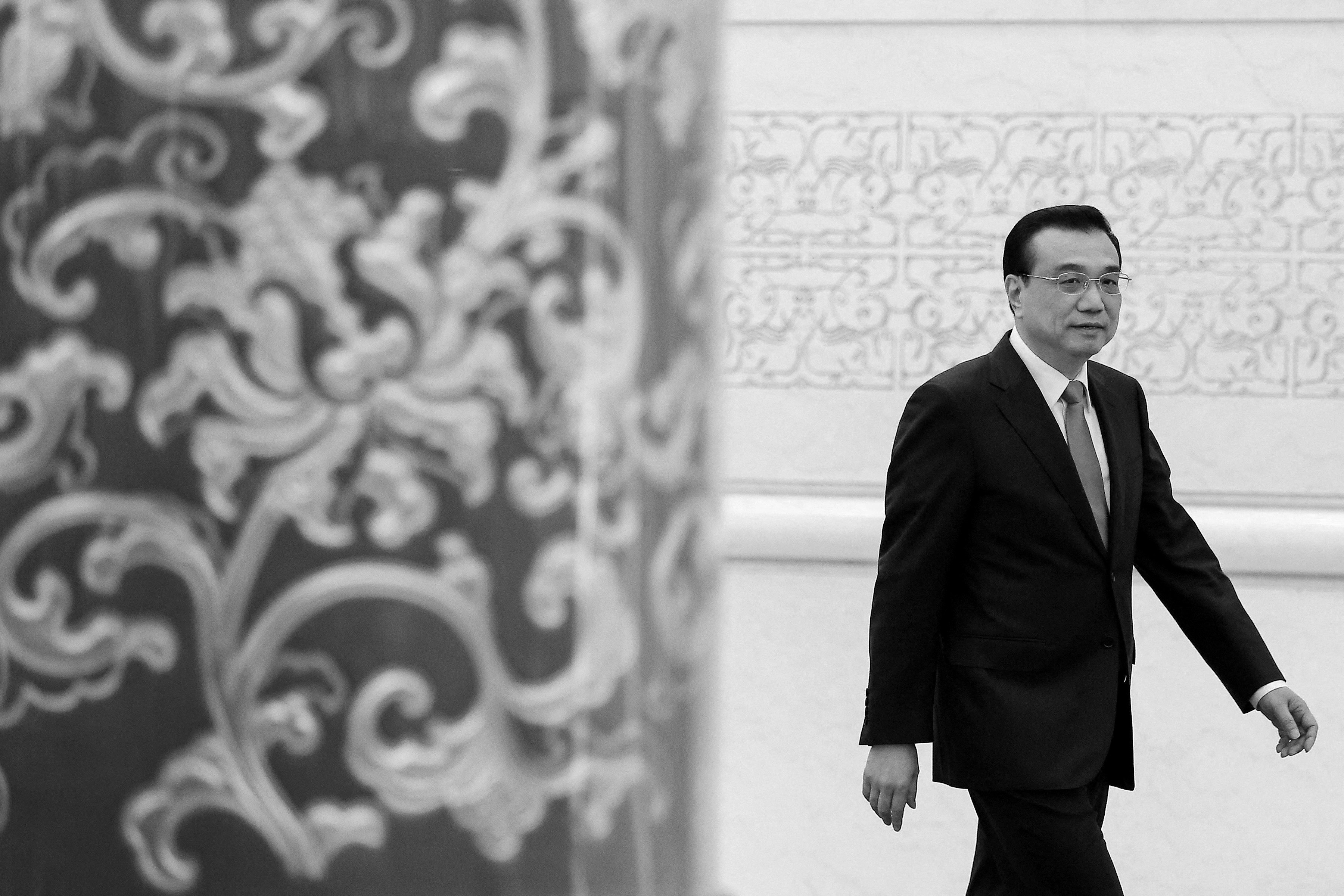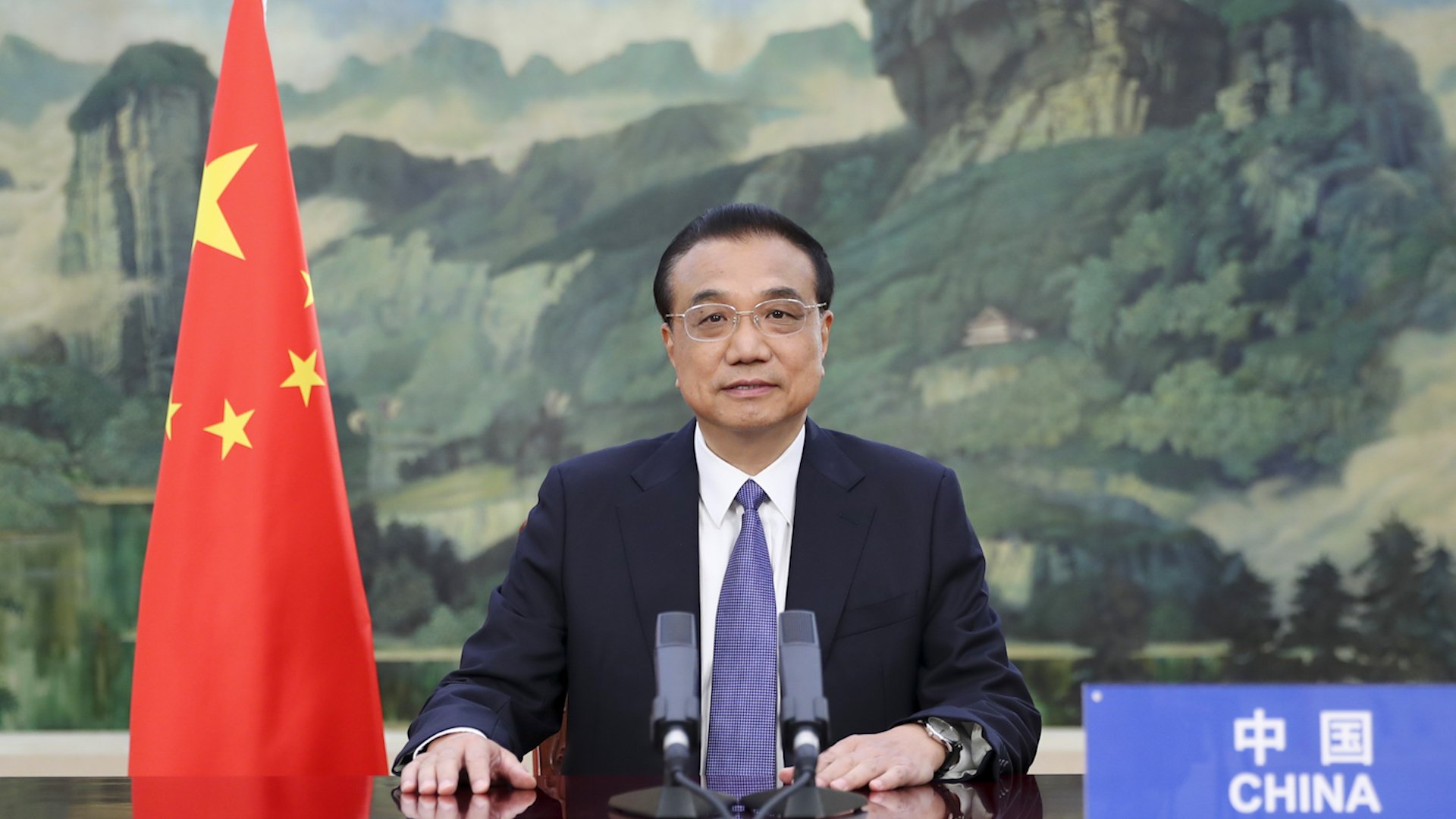Advertisement
Advertisement
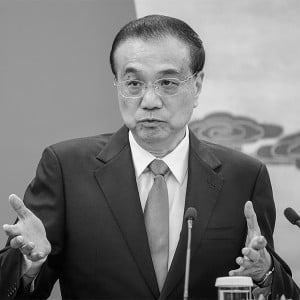
TOPIC
/ people
Li Keqiang

Li Keqiang
Li Keqiang, born in 1955, became China's premier in March 2013. Like ex-president Hu Jintao, his power base lies with the Communist Youth League, where he was a member of the secretariat of the league’s central committee in the 1980s and later in the 1990s the secretariat’s first secretary. His regional governance experience includes a period as vice party boss, governor and party boss of Henan province between 1998 and 2003 and party boss of Liaoning province beginning in 2004. He became vice premier in 2008. Li graduated from Peking University with a degree in economics. Li stepped down from his post as premier in March 2023 after serving two five-year terms in which he consistently pushed the private economy and foreign investment. His death at the age of 68 in Shanghai was announced by state media on October 27, 2023.
Born
1 Jul 1955
Industry
Politics
Job Title
Former Premier of China
Advertisement
Advertisement
Advertisement
Help preserve 120 years of quality journalism.
SUPPORT NOWAdvertisement
Advertisement
Advertisement
Advertisement
Advertisement
Advertisement
Advertisement
Advertisement
Advertisement
Advertisement
Advertisement
Advertisement
